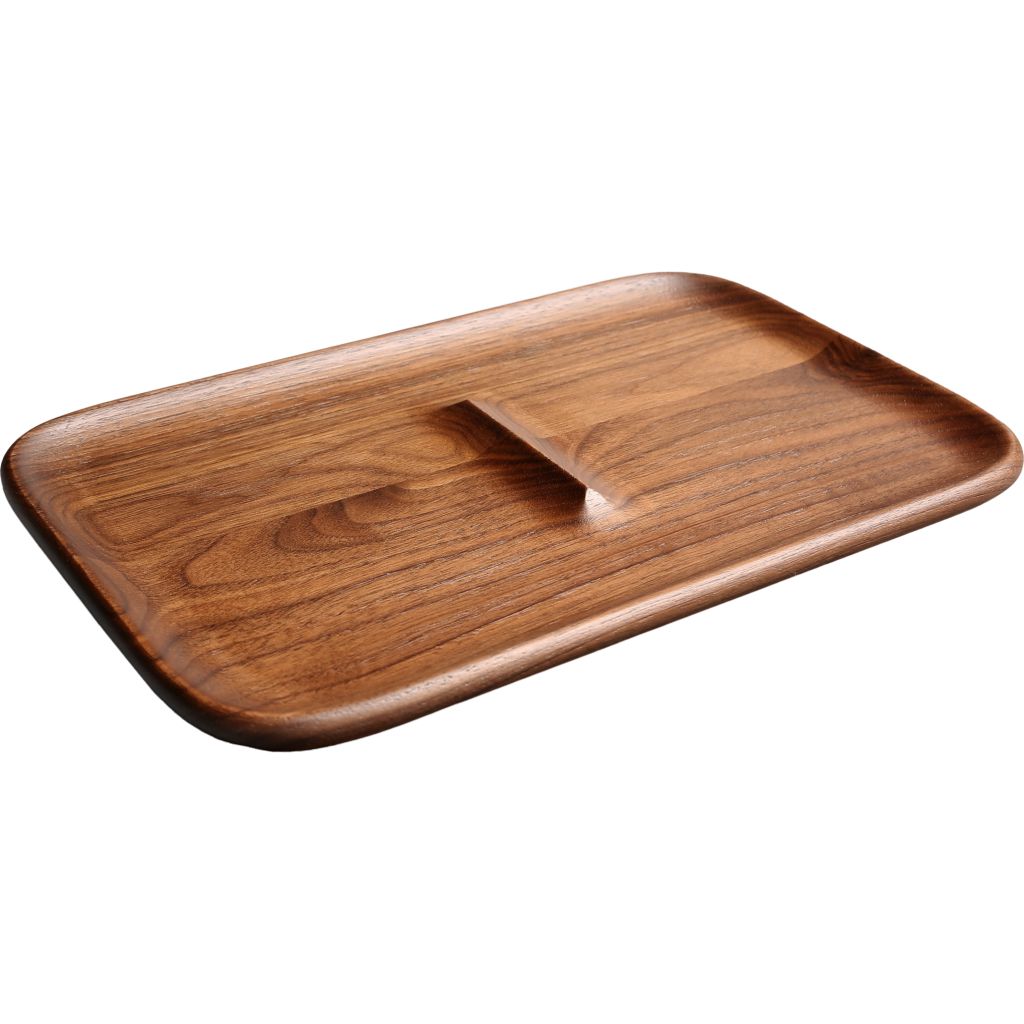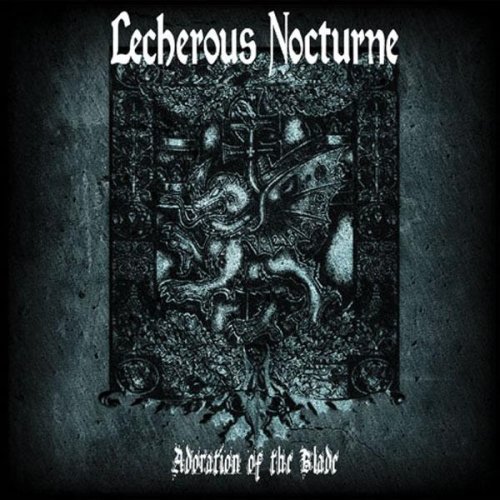

Cognitive behavioral therapy (CBT) is a type of psychotherapy (talk therapy).Your healthcare provider might prescribe these medications to take as needed when you sense a panic attack coming on. Beta-blockers, such as propranolol (Inderal™), may reduce the physical symptoms of a panic attack.

Examples include alprazolam (Xanax™) and clonazepam (Klonopin™). It can be very difficult to stop using them. You may build up a physical tolerance, so they won’t work as well. Benzodiazepines can quickly reduce severe symptoms, but these medications are habit-forming.These medications may take up to six to eight weeks to fully work. Antidepressants and anti-anxiety medications can lessen the frequency and severity of panic attacks.Nocturnal panic attack treatments include: These are the same treatments for daytime panic attacks. Your healthcare provider may recommend a combination of medications and therapy to stop nocturnal panic attacks. How are nocturnal panic attacks managed or treated? Your healthcare provider may prescribe medication to lessen your symptoms. Some people find they can reduce an attack’s severity with deep, controlled breathing or muscle relaxation exercises. Once a panic attack starts, the only option is to let the symptoms run their course. How can you stop a nocturnal panic attack? It may take a while to fall back to sleep. Nocturnal panic attack symptoms usually peak in less than 10 minutes and then subside. How long do nocturnal panic attacks last? Tingling or numbness in fingers or toes.Signs of a nocturnal panic attack include: They may struggle to catch their breath ( shortness of breath) or feel like they’re choking or having a heart attack. However, research suggests that people who have panic attacks at night may have more severe breathing symptoms. Nocturnal panic attacks cause the same symptoms as attacks that occur during the day. What are the symptoms of a nocturnal panic attack? Substance use disorders, including alcohol use disorder.You’re more likely to have panic attacks at night if you have them during the day. What are risk factors for nocturnal panic attacks? Similarly, nocturnal panic attacks don’t have a basis in the situation. Most panic attacks happen during the day, usually when a nonthreatening situation triggers a panic response. Something affects how your brain and nervous system perceive and process fear and anxiety. Nocturnal panic attacks primarily affect teens and adults.Įxperts don’t know why some people experience panic attacks. It may take a long time to fall asleep again. You’re aware of the feelings of fear and other panic attack symptoms. Children are more likely to have night terrors, although adults have them, too.Ī panic attack wakes you from sleep. They may not remember the event in the morning. When a night terror ends, a person falls back to sleep. They’re actually asleep, and it’s difficult (and often not recommended) to wake them. They may look like they’re awake - and they may scream, jump out of bed and run around. People experiencing night terrors are often unaware they’re having them. A person experiencing a night terror has symptoms like those of a nocturnal panic attack. Night terrors are a disruptive sleep disorder ( parasomnia). What’s the difference between nocturnal panic attacks and night terrors? As many as 7 in 10 people with panic disorder (recurrent panic attacks) also have nocturnal panic attacks. How common are nocturnal panic attacks?Ībout 11% of Americans experience a panic attack every year. You wake up in a state of panic, experiencing physical reactions like a racing heart, sweating and difficulty breathing (gasping for air). A nocturnal (night) panic attack is a sudden feeling of fear that wakes you from sleep.


 0 kommentar(er)
0 kommentar(er)
